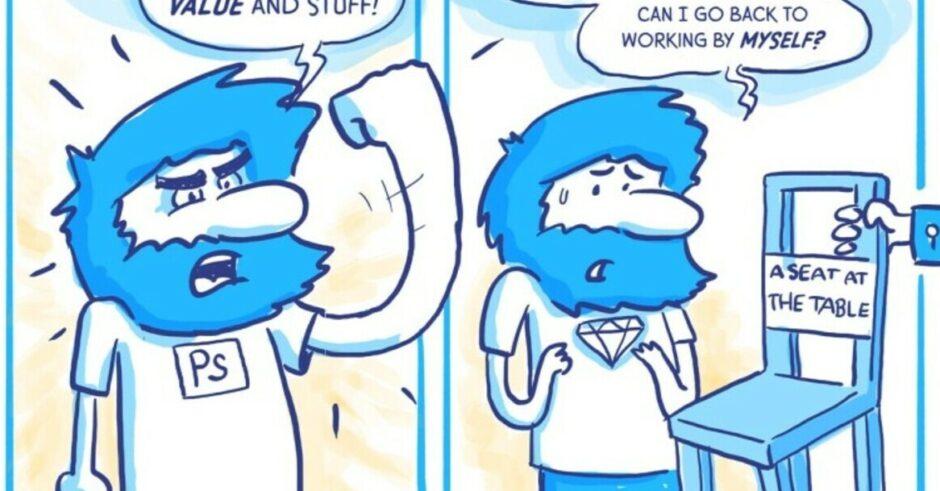Walking into 2022, I still hear our industry doubling down on itself, and wondering when the seat at the table will be offered, still debating whether resourcing really belongs in HR, thereby negating the offer of the seat at the metaphorical table.
Never has resourcing been more important to any organisation, large or small and like the People’s Front of Judea we seem to regard minute points of difference as the reason to go our separate ways. At no point in my career has the spotlight, investment and interest been greater in and for Resourcing than now. Focusing on philosophical debates rather than getting the job done, squanders our opportunities. Below I will argue why HR is exactly the right place for Resourcing and why leaders need to embrace this for the sake of our businesses, candidates and frankly our careers.
This is probably the only time in my career where nearly all business is thinking about talent end to end in its purest sense. Attract, Retain, Train is a bit of a cliche but the penny has finally dropped for most businesses that you can’t just recruit your way out of talent shortage or crunch. Notwithstanding how resourcing find routes to market, nurtures candidates and helps assess candidates is critical to success, but not in isolation. No business would ever separate its key supply chains. No organisation would ask Sales to stand alone and have a Marketing report to say IT because its product is technical. It would be commercial suicide – The same god for people and talent.
If Resourcing were suddenly to report to Marketing as some would argue, a couple of questions arise. Who would get the lion’s share of budget when push comes to a shove? Who is accountable for the success of hiring (people)? Does recruiting just become a numbers game of getting ’em in quick and fast with some glossy marketing? I suggest that managing people and owning a people strategy is very different to selling a product. There are factors at play that are not apparent in designing marketing strategies.
Today’s challenges require more joined-up thinking not less. How we harness internal talent and learning is critical to the success and longevity of organisations. Bersin’s recent paper shows that the focus for organisations in the coming 2 years will be on the internal marketplace, upskilling and reskilling etc. Resourcing has huge skin in the game in the design and execution of these strategies. Being outside the tent is not an ideal place to be if we want to be part of the solution.
HR in general has a role in assessing capability for roles and potential. If this data sits in disparate places, and we don’t use the combined power in this data – the loser is the organisation as a whole. Let’s lose the ego about how important one or another element is, but focus on the bigger prize and help the organisation reach its potential.
I have heard it argued that very few resourcing folks end up as HRD’s – a flippant answer to the question is that no resourcing leaders have ever made it to Sales/Marketing Director, so let’s get real. In larger organisations, HR is a complex function encompassing a broad range of skills. In the past 15 years, the role of Resourcing and the roles within it have become more diverse, interesting and complex. The need to use data to influence, the ability to automate low-value tasks and measure impact on the organisation is far greater than when I first entered the In house world 16 years ago. This is only a good thing for all concerned. My experience suggests that Resourcing is truly valued by the CHRO and the wider organisation if (this may be a big if) we behave as if we belong.
Maybe the debate about where Resourcing sits is a function of insecurity rather than anything more material. HR is the only part of an organisation that has a truly helicopter view of the way things work. We have a privileged position of being able to see how all parts of the machine fit and work together (or not) and how to make it better. Splitting one area off would just make us the Judean People’s Front (splitters).


